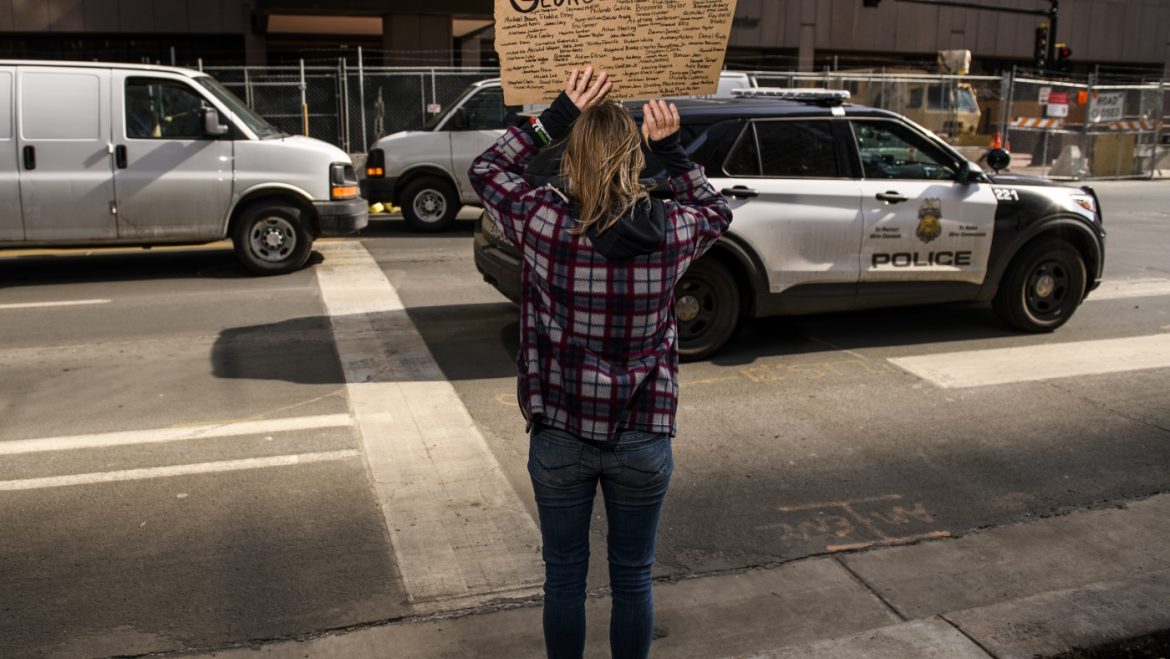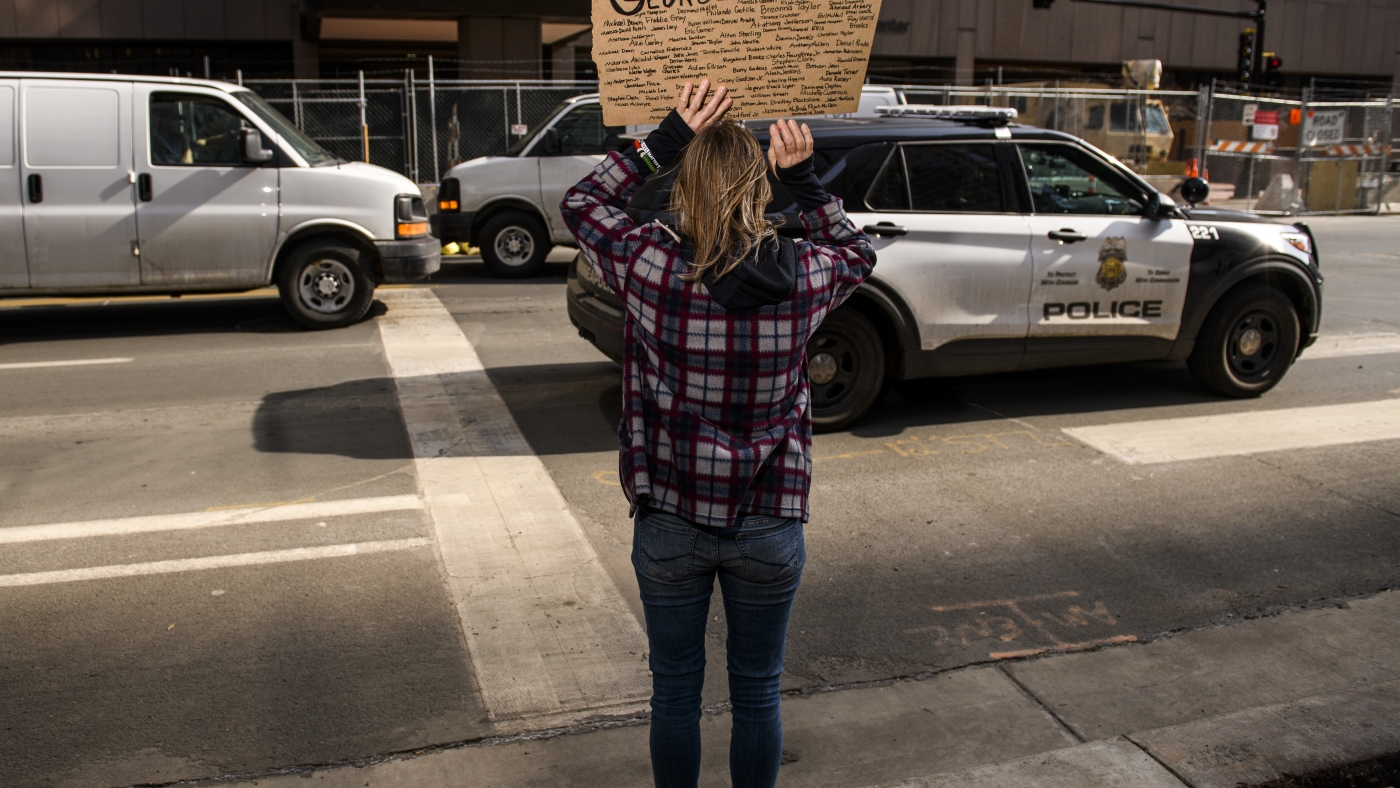Shifting Tides: The Trump Administration’s Withdrawal from Federal Police Oversight
In a dramatic policy reversal, the Trump administration has stepped back from pivotal federal investigations and reform agreements targeting local police departments in several U.S. cities, notably Minneapolis and Louisville. These cities were focal points in national conversations on law enforcement accountability following highly publicized police-related deaths. This retreat from oversight efforts marks a significant turning point in federal civil rights enforcement related to policing.
—
Background: The Momentum for Police Reform
In the wake of incidents such as the murder of George Floyd in Minneapolis and Breonna Taylor in Louisville, the U.S. Department of Justice (DOJ), under previous leadership, opened multiple investigations into police practices. These probes sought to identify systemic violations of civil rights within local police departments, using tools such as consent decrees—court-approved agreements mandating specific reforms and oversight to curb abusive practices and enforce accountability.
These investigations and agreements represented a federal commitment to tackle longstanding issues including excessive force, racial bias, and inadequate police training. They aimed not only to discipline offending officers but to transform policing cultures and policies at their roots.
—
The Trump Administration’s Withdrawal
Recently, the Trump administration has moved rapidly to dismantle these ongoing reform efforts. Key actions include:
– Dismissal of Major Investigations: The DOJ has formally withdrawn from lawsuits and investigations involving significant police departments, including those in Minneapolis and Louisville.
– Scrapping Consent Decrees: Consent decrees designed to enforce reforms have been abandoned, signaling a shift away from federally mandated police accountability mechanisms.
– Broader Rollback: Other investigations initiated under the Biden administration’s Justice Department—covering a range of cities—are also being closed or dismissed.
According to multiple reports, this policy shift has been implemented only days before the anniversary of George Floyd’s murder, a timing that some commentators find symbolically resonant given the nation’s continued focus on police brutality.
—
Implications of Ending Federal Oversight
This rollback has significant implications for policing and civil rights enforcement across the country:
—
Reactions and Controversies
Responses have been polarized:
– Civil Rights Advocates and Community Leaders: Many have condemned the administration’s decision, framing it as a retreat from commitments to protect marginalized communities and uphold civil rights in policing.
– Law Enforcement Groups: Some organizations view the rollback as a necessary step to restore flexibility and quell what they describe as intrusive federal interference.
– Political Dimensions: The policy aligns with broader efforts by the Trump administration to roll back Obama and Biden-era reforms and reshape federal involvement in state and local affairs.
—
Looking Ahead: A Crossroads for Police Reform
The Trump administration’s retreat places the future of federal police oversight at a crossroads. Without federal enforcement tools, progress on police reform may hinge on state and local governments’ willingness to pursue changes independently.
Key questions emerge:
– Will cities like Minneapolis and Louisville pursue their own reform initiatives absent federal involvement?
– How will civil rights organizations and activists respond strategically to this new landscape?
– What role might future administrations or congressional actions play in reinstating or redesigning accountability mechanisms?
—
Conclusion: A Defining Shift in Federal-Local Policing Relations
The withdrawal of federal oversight under the Trump administration marks a notable pivot away from proactive police reform efforts initiated in response to public demand for accountability and justice. As investigations and consent decrees fade, the authority to shape policing practices increasingly reverts to local jurisdictions, raising questions about the efficacy and timing of reforms.
This development leaves the nation grappling with how best to ensure civil rights protections while balancing the autonomy of local law enforcement agencies—a challenge that remains critically important to the fabric of justice and democracy in the United States.


